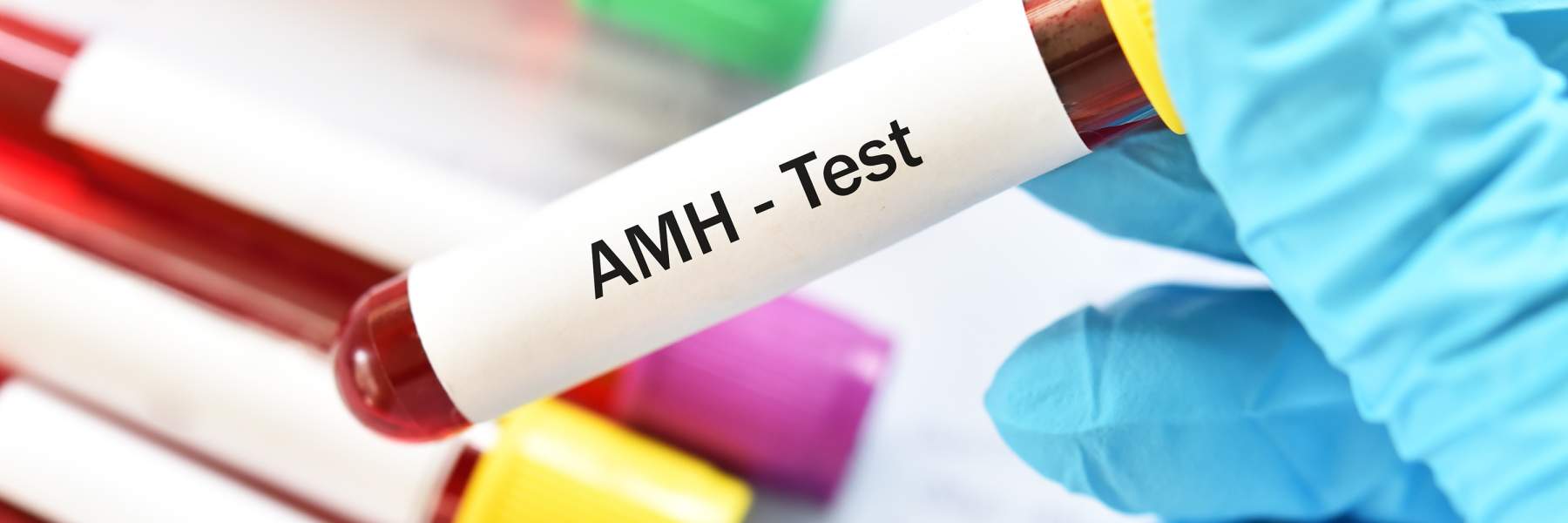Many people with endometriosis will conceive easily, when they choose to, and with the partner of their choice. However, if you are having difficulty getting pregnant then there are treatment options to help.
Research shows that if you have endometriosis you have a higher chance of having lower egg numbers or may take longer to conceive. It is possible to plan for fertility by assessing the number of eggs you have. If they are low, egg freezing is an option. Alternatively, you may like to explore other fertility treatments like IVF.
How do I check how many eggs I have?
The Anti-Mullerian Hormone (AMH) or egg timer blood test, measures a hormone that is only produced by the cells that surround the eggs in the ovary. The more eggs you have, the higher the level of AMH in your blood. This test can provide information to help you work out a timeframe for your fertility plan. It will also help your doctor determine the number of eggs you are likely to retrieve if you undertake egg freezing or IVF.
Often this egg timer test is performed in conjunction with a transvaginal ultrasound (TVUS) scan undertaken during the first 6 days of your cycle. Good ultrasonographers can count the eggs that start to grow at the beginning of the cycle before the dominant egg takes over and ovulates. This test is called an antral follicle count and provides reliable information about the number of eggs in the ovary likely to be retrieved if you undertake egg freezing or IVF. Neither of these tests predicts pregnancy, they only measure the numbers of eggs. You only need one egg of sufficient quality to conceive.

Freezing eggs
With new rapid freezing (vitrification) technologies, in 2013 the American College of Obstetricians and Gynecologists determined that egg freezing technologies were reliable enough to be offered as a service outside the laboratory. Egg freezing stores eggs at very low temperatures so they retain the same chance of pregnancy as the age you were when you froze them, not the age you are when you use them. For those with endometriosis and lower egg numbers, or those contemplating surgery where an ovary may be removed or damaged, egg freezing is a way of having a ‘back up plan’ if you decide you want a family in the future.
Freezing eggs isn’t a guarantee of conception. The eggs may not thaw, they may not fertilise and embryos may not grow (and the sperm quality is usually unknown when the eggs are frozen). Furthermore, some people who freeze their eggs won’t use them in the future if they conceive naturally or configure their family without needing these eggs. However, each egg gives a 5-7% chance of a liveborn child and with somewhere between 15-20 eggs there is a realistic chance of conception although this varies for different people.
The cost of egg freezing in Australia varies from state to state (usually between $2000-6000). This cost depends on Medicare and an endometriosis diagnosis may qualify you for Medicare support in Australia if you have a Medicare card. Egg freezing involves taking injections for approximately two weeks and undertaking a surgical procedure to retrieve the eggs. You can access egg freezing services through your local fertility provider or via a reproductive endocrinology and infertility specialist.

 Skip to main content
Skip to main content